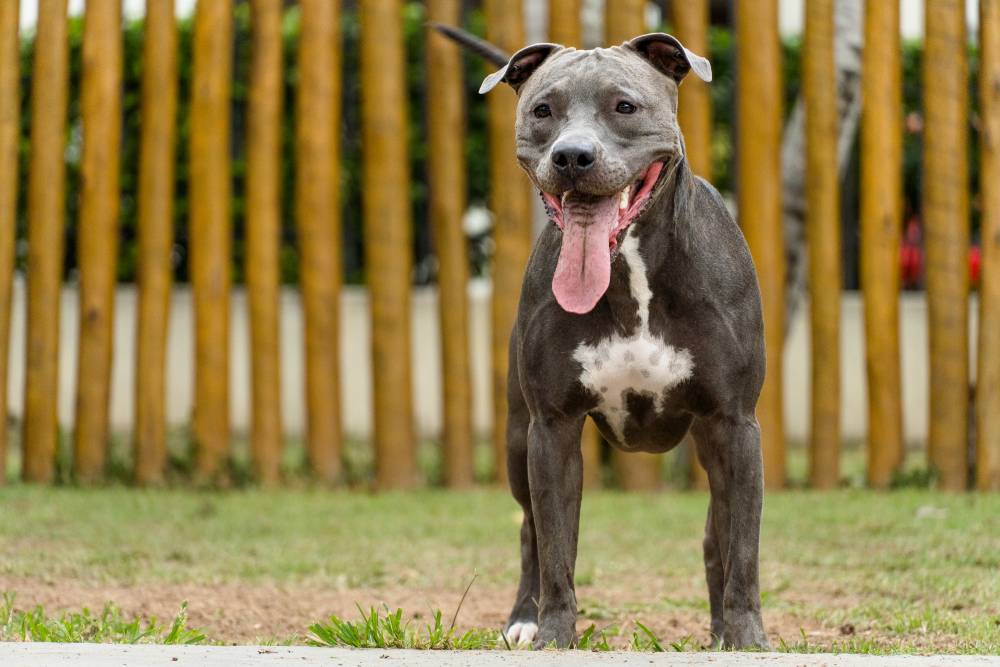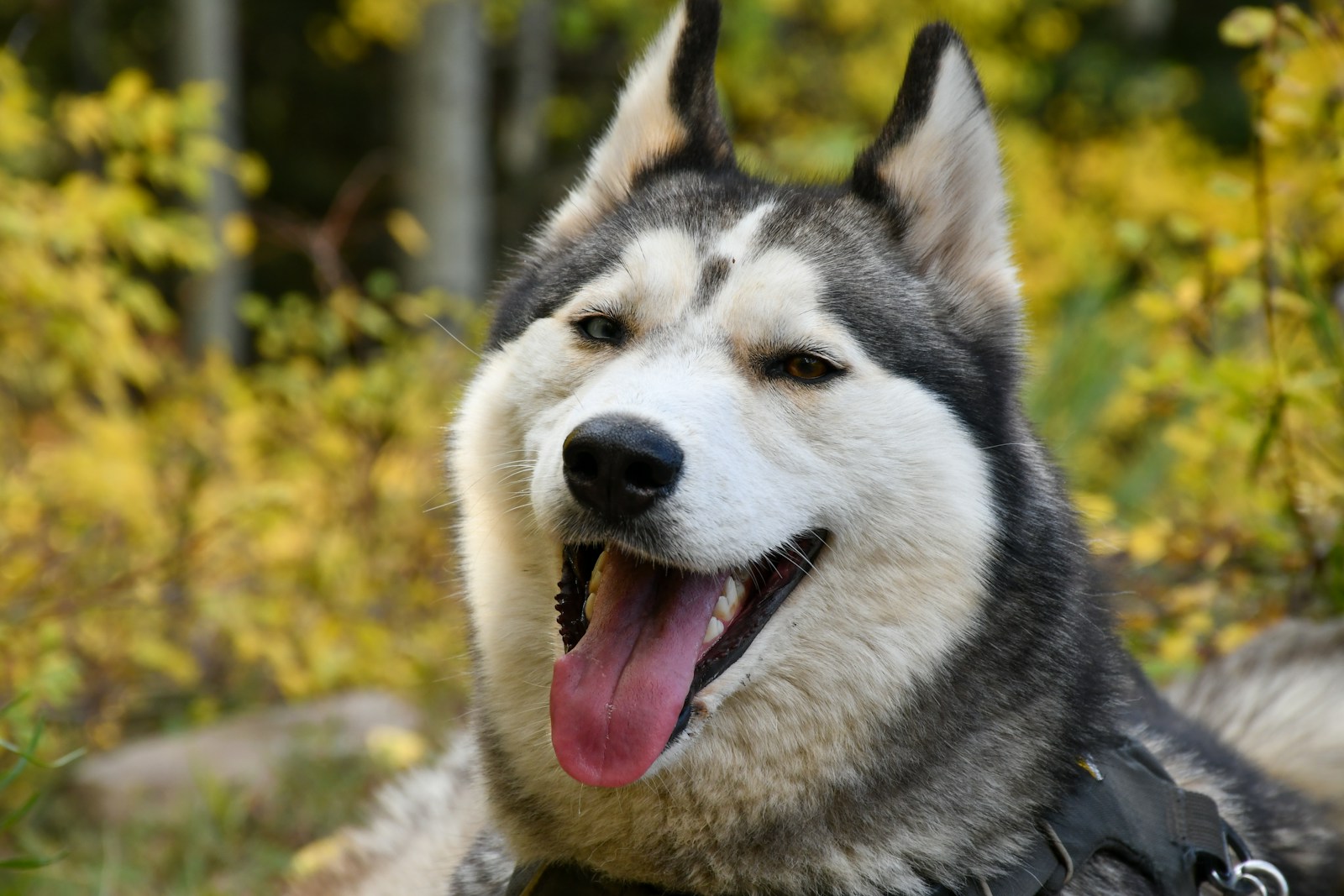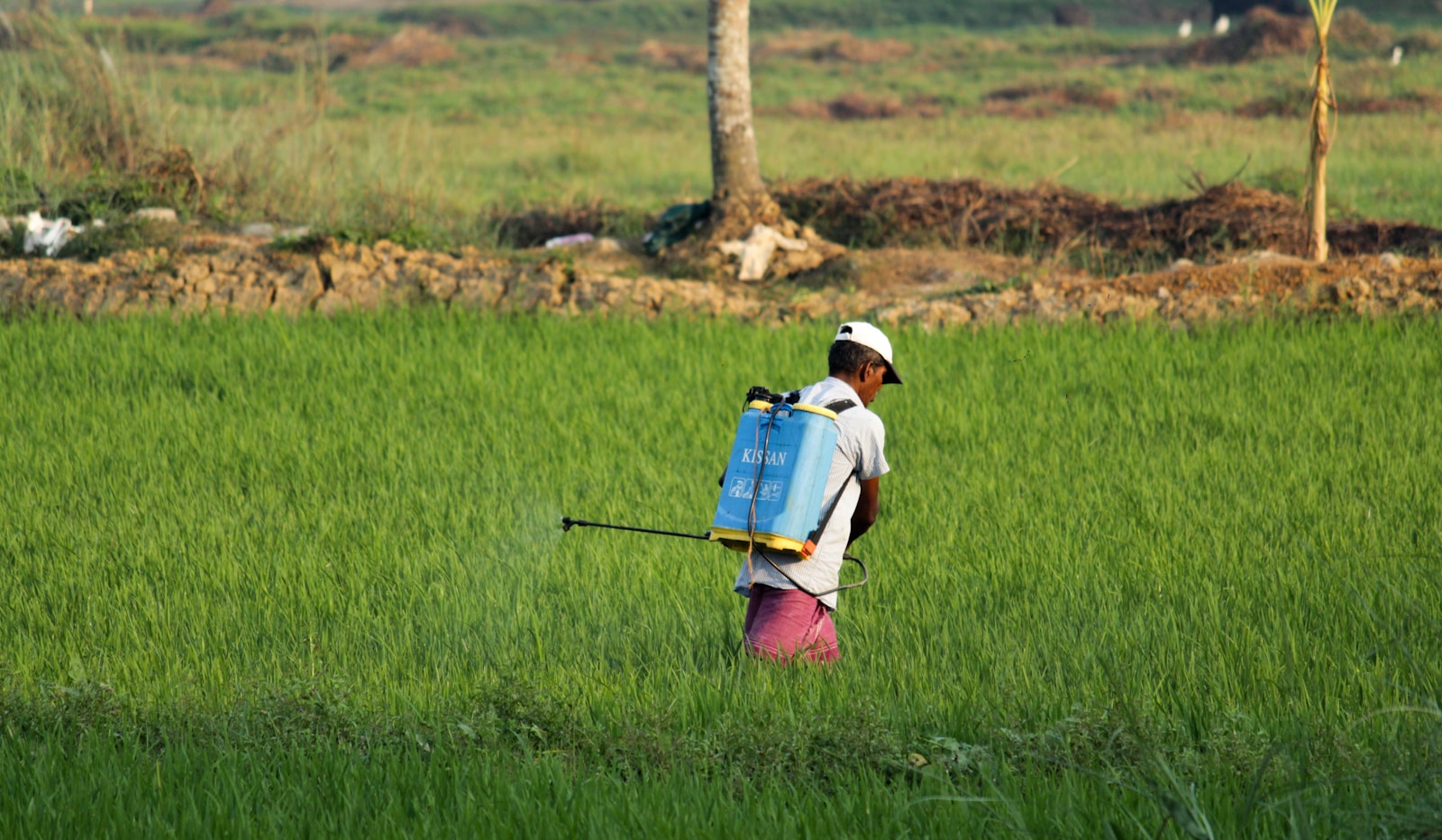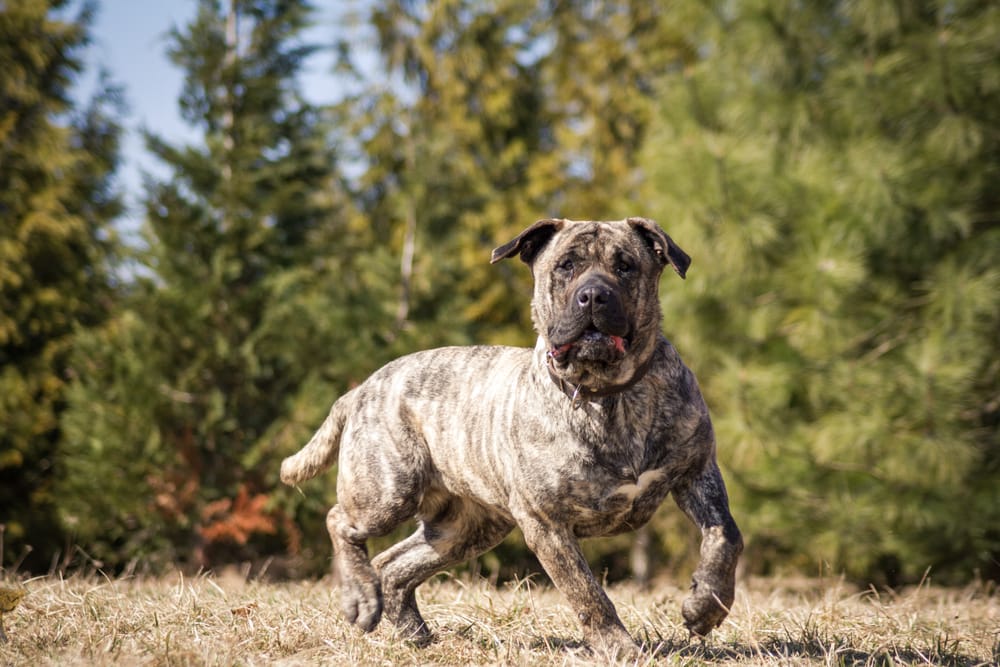There are many notable differences between city dogs and country dogs. In the countryside, there is a seemingly infinite amount of space to run and roam, fresh air, and freedom to poop and pee wherever they see fit (within reason!). But is country living all it’s cracked up to be? Read on to find the pros and cons of raising a rural dog in the country.

The 4 Pros of Raising a Dog in the Country
1. Enrichment Galore
Most dogs adore spending time outside; it provides infinite opportunities for exercise and mental stimulation. Country dogs who spend the majority of their time outside will enjoy having their natural curiosity and activity requirements met in their incredibly enriching environment.
2. Health Benefits
Spending time outside is not only mentally enriching, but it’s physically stimulating, too. Dogs that spend much time in the great outdoors will inevitably be in better physical shape than their couch potato counterparts. Physical activity improves bone health, and organ and lung function, and can help keep their weight in check.

3. Less Stress
According to a study in Psychology Today, dogs raised in the city are more fearful and anxious than their country counterparts.1 City pups were 45% more likely to be afraid of strange humans and 70% more likely to be scared of other dogs.
4. Reduced Risk of Obesity
Most city dogs live a cushy life compared to country dogs. Unless their owners are highly active themselves, city dogs are more likely to be couch potatoes than their rural counterparts. Dogs in the country tend to have a lifestyle more like their wild ancestors and are, therefore, less likely to be overweight.


The 6 Cons of Raising a Dog in the Country
1. Additional Health Concerns
Rural and city dogs will share many of the same health concerns and require the same vaccinations, but they can have a higher exposure risk for viruses like Leptospirosis and Rabies. Dogs living in the country will also need additional preventatives to keep them safe and healthy.
Since country dogs probably spend a lot more time outside than their city counterparts, you’ll need to be particularly strict with their flea and tick control, heartworm prevention, and intestinal worm control.
Dogs in the country are just as curious and mischievous as their city counterparts, but they’ll inevitably be exposed to more potentially harmful things. For example, deer feces can look like kibble and give your pup intestinal parasites, and dead mice may look like a fun new toy but may give your pup secondary poisoning or expose them to neurotoxins.
2. Exposure to the Elements
Dogs in the country may be at higher risk of developing weather-related health problems.
Heatstroke is a potentially life-threatening condition caused by exposure to excessive external or environmental heat. Owners need to remember that dogs cannot control their body temperature as easily as humans can, so reducing their time outside during the hottest parts of the day is of utmost importance.
It’s not only summer weather that can be problematic for outdoor doors. Frostbite is another area of concern. Even cold weather breeds like Siberian Huskies or Alaskan Malamutes are at risk of developing frostbite and hypothermia if they aren’t used to extreme cold.

3. Exposure to Other Animals
Many people choose to live in the country because they like being among wildlife. Nothing is quite as wonderful as watching a baby bear and his mama explore your property from the safety of your home. However, living in a rural setting means putting your dog at risk of running into wildlife. While we know to steer clear of bears, cougars, and moose, your dog may not, and snakes and ticks are also a risk you won’t see much of in the city.
They could also come into contact with other country-living animals, and it’s important to make sure that your pet isn’t at risk of harming other pets or livestock.
4. Exposure to Toxic Plants
Many toxic plants could severely harm or even kill your dog. If your pet is left to roam outside freely, he may eventually come into contact with one of these plants, even if you didn’t plant them yourself. Take foxtail, for example. These spiked seed clusters found on weeds and in wild grass can pose serious health risks like abscesses and infections if they migrate into your dog’s tissues.

5. Fewer Opportunities for Socialization
If your dog spends most of their day outside, they may have fewer opportunities to socialize and may become lonely. City dogs are often toted around with their humans for walks around the block or to the dog park, where they’ll meet with other pups and get to play and socialize. If you’re not taking your dog to the city for these kinds of experiences, they may develop “bad” habits, like aggression or fearful behavior around strangers.
6. Possible Exposure to Poisons
There are lots of chemicals used on farms or larger properties, like pesticides, rat poison, and antifreeze, and these are often stored in sheds where your dog could access them, so it’s important to make sure that your country property has somewhere to store these types of things securely. If rodenticide is used on the property, make sure it is kept in secure containers to reduce the risk of your dog finding and eating it.


Tips for Keeping a Dog Outside
Now that you know about the pros and cons of having a dog in the country, here are some extra tips to help keep them healthy and safe.
- Be realistic: Not all dog breeds are destined to live outside all year round. Small breeds or those with coats inadequate for the climate are not well-suited to outdoor life.
- Provide suitable shelter: A good kennel should be large enough for your dog to move freely, be well insulated to protect them from the elements, but also well ventilated.
- Meet social needs: Dogs are highly social animals and require regular socialization to stay happy and healthy. Make sure you’re setting aside time every day to play and interact with your dog. Do not allow them to get lonely or bored.
- Bring them inside: Being a rural dog doesn’t mean they have to stay outside all the time, so bring them indoors to spend time with the family.
If you need guidance on keeping your dog’ safe outdoors, we suggest you speak to a vet.
If you need to speak with a vet but can't get to one, head over to PangoVet. It's our online service where you can talk to a vet online and get the advice you need for your dog — all at an affordable price!


Final Thoughts
We hope our article has provided some insight into the pros and cons of country living. There are huge benefits for your dog’s health and happiness to living a rural life, but there are some added risks to be aware of too.
Vaccination and preventive health can often be overlooked in the country, but are arguably more important than in an urban setting. It’s also important to make sure your dog is getting plenty of socialization of the canine and human variety, and protected from the various dangers that may be found in the countryside and farms.
Featured Image Credit: Eve Photography, Shutterstock



















